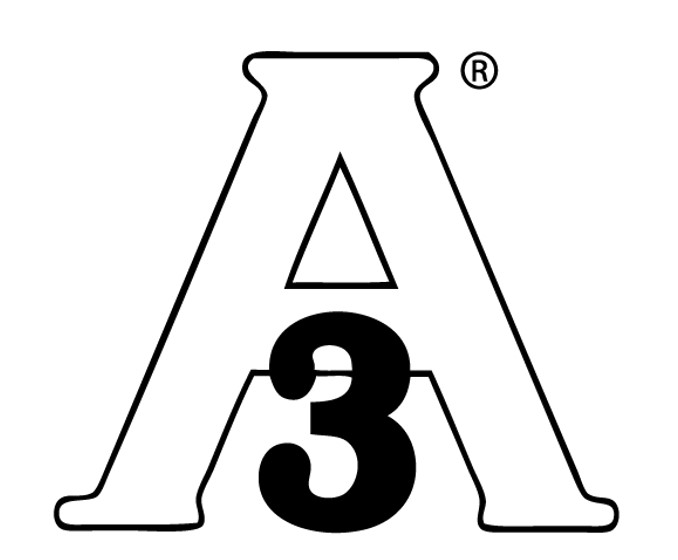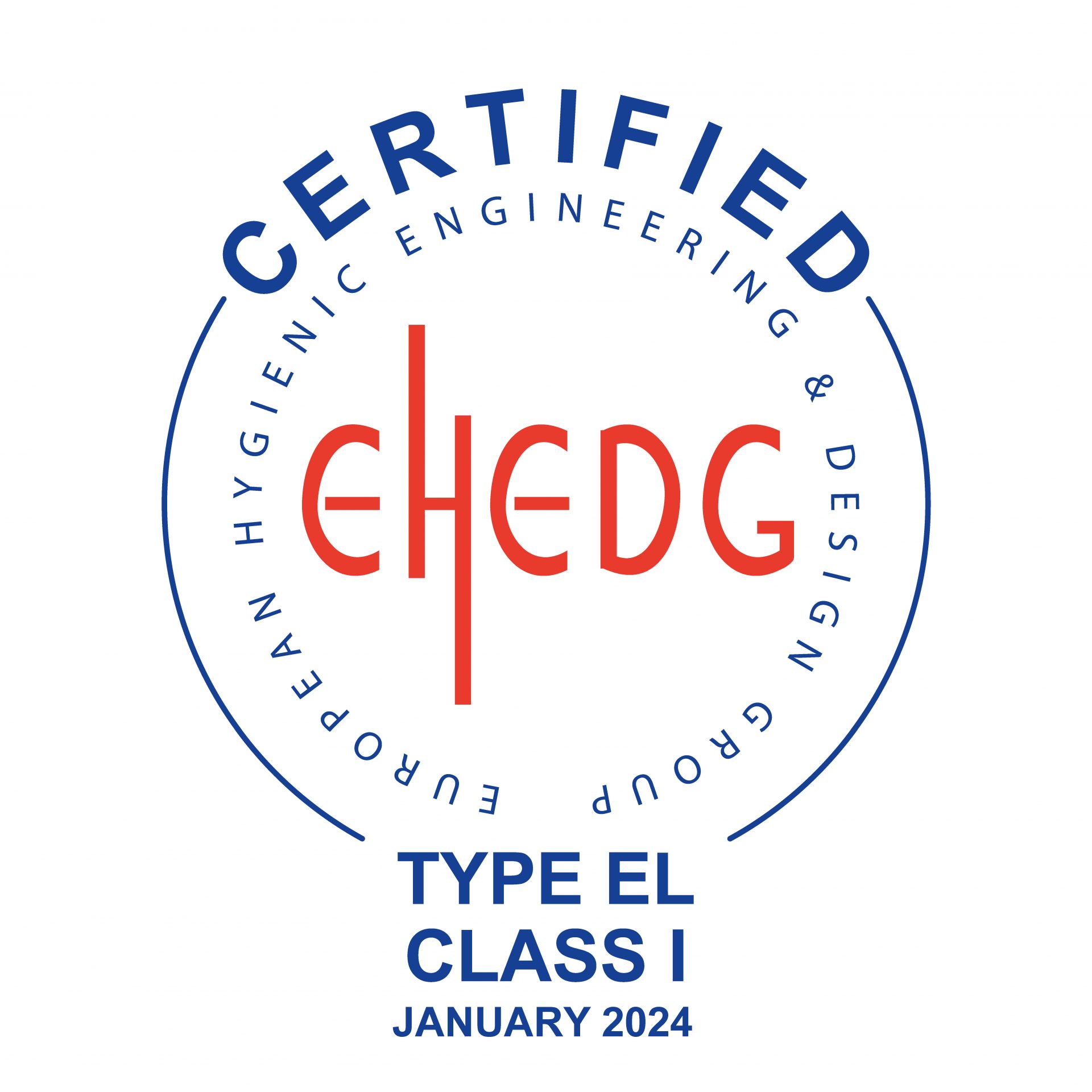What is food safety compliance and why is it so important?
Efficiently catering to the modern-day consumer's demand for transparency, maintaining food and bioproducts safety, and meeting ever-changing regulations are significant challenges for all food and bioprocessing manufacturers. At stake are the health of consumers, the reputation of the brand, and the potential for costly recalls. Customers, consumers, and regulators all expect food and bio-processors to adopt both proactive and responsive approaches to food safety.
Simultaneously, the food industry faces a rising demand for automation. Increased production, improved efficiency, enhanced food safety, and superior food quality—while minimizing cost, time, and waste—drive the need for more data. Control systems require this information to function correctly, and quality systems need it for recording and benchmarking purposes. Therefore, all sensor technologies used to enable automation should prioritize a strong consumer-centric setup, ensuring that all aspects impacting hygiene in the design, construction, and integration into the process are meticulously covered.
Ensuring safety from raw materials to consumer tables
You can significantly reduce the risk of introducing contaminants in the hygienic and food processes by taking a few measures and asking these critical questions:
- Do you know the safety standards?
- Is the hygienic refractometer design third-party certified?
- Does the supplier demonstrate compliance with food safety and safe food contact materials (FCMs)?
- Does the supplier provide full material traceability and documentation from original sources to the final manufactured refractometer product?
How KxS Technologies takes safety seriously
KxS Process refractometers, designed for bioprocessing and food industry applications, comply with food safety and safe food contact materials (FCMs) according to U.S. and EU regulations, including European Regulation (EC) No 1935/2004 on materials and articles intended to come into contact with food. We also comply with Commission Regulation (EC) No 2023/2006 on Good Manufacturing Practice (GMP), ensuring that our manufacturing processes are well-controlled so that specifications for FCMs remain in conformity with the legislation.
FCMs can include e.g., machinery and instruments made from different materials like plastics, metal, or glass. Therefore, their safety needs to be carefully assessed to reduce exposure to potentially hazardous substances and protect consumer health.
Comprehensive material certification
KxS provides material certification for each wetted part, not only the refractometer sensor parts but also for the flow cell and process connection. The certificate demonstrates compliance with safe food contact materials and a full chain of traceability. For example:
- Metal wetted materials are safe, ADI-free (animal-derived materials), BSE-free, TSE-free, and traceable from the original source to the final manufactured product.
- Prism materials are safe, ADI-free, BSE-free, TSE-free, and traceable across the chain.
- Elastomer EPDM used for process connection gaskets is safe, ADI-free, BSE-free, TSE-free, and traceable.
- PTFE prism gasket material complies with U.S. legislation (FDA 21 CFR 177.1550) and USP Class VI test protocol.
EHEDG and continuous improvement in hygienic design
KxS is a member of the European Hygienic Engineering & Design Group (EHEDG) Sensors working group, which consists of several hundred international experts from food industries, food equipment manufacturers, and academia who share their expertise. This group is responsible for developing EHEDG Guidelines.
The expert team focuses on the product contact area of sensors in the food and beverage industry (wet, dry, powder) and documents criteria for hygienic requirements. They provide guidance on using sensors, including design and construction details from a hygienic perspective, correct integration into processes, consequences of damaged sensors, and cleanability during installation. Besides the certified sensor itself, ensuring the hygienic integration of all installation components is equally important.
By adhering to these rigorous standards and continually enhancing our practices, KxS Technologies demonstrates a commitment to food safety, protecting both consumers and our clients' brands.


